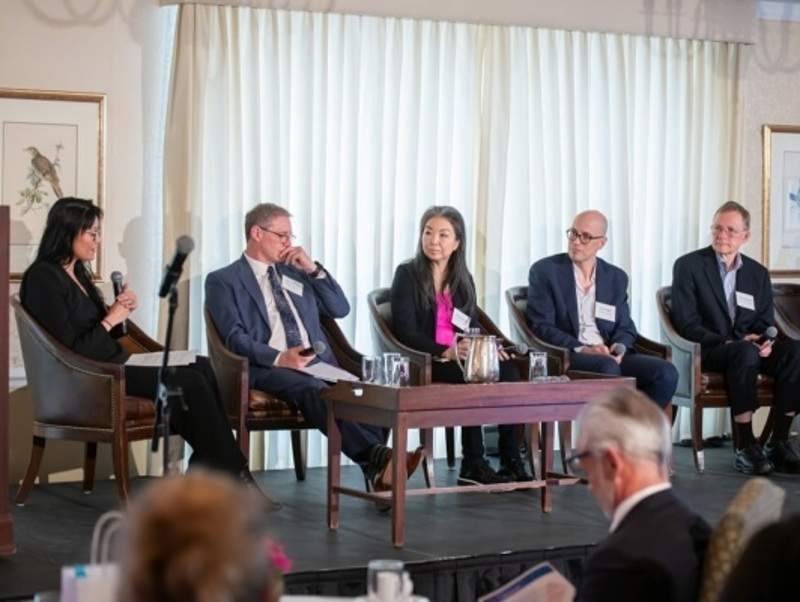
The fusion roadmap, which was developed jointly with Atomic Energy of Canada Limited and other players, points to the rapidly growing global market, with almost 100 operating fusion experiments and demonstration facilities and more than 43 private fusion companies operating and attracting more than CA$8.2 billion (US$6 billion) in funding.
Commenting that early-mover advantage is critical to capturing global market share, CNL calls on the Canadian government to promptly mobilise a fusion ecosystem through a clear policy and mandate, in order to capitalise on the economic benefits available from the domestic implementation of fusion energy and to support the international nuclear sector.
“At CNL, we recognize that fusion has tremendous potential to unlock a transformative, clean energy future domestically, in order to fight climate change and ensure our national security,” commented Dr Stephen Bushby, CNL’s Vice-President of Science & Technology.
“Given our extensive expertise and resources in nuclear, hydrogen and other forms of clean energy, Canada is well-positioned to seize a leadership role in this industry, but it means that we have to act decisively and work together.”
The proposed roadmap states that fusion energy has the potential to provide Canada with reliable and resilient clean energy to support net zero by 2050 and beyond.
It envisages demonstrations in Canada and elsewhere during the next decade to 2034, followed by adoption and the transition to commercialisation up to 2050 and thereafter its expansion globally across all continents.
As a next step, CNL proposes that key fusion ecosystem players should sit down with the government to discuss, adapt and enhance the preliminary strategy and roadmap.
Clean energy programmes
As a step towards advancing fusion, CNL has indicated that it would expand two of its flagship clean energy programmes to encompass fusion technologies.
With multiple suitable sites to host demonstration units at the Chalk River and Whiteshell Laboratories, which CNL operates on behalf of Atomic Energy of Canada Limited, CNL intends to open up its small modular reactor invitation process to include fusion prototype reactors and other clean energy technologies.
CNL also intends to expand its nuclear research initiative programme to include other forms of clean energy, including a larger focus on fusion-based research and development. This initiative enables collaborative research projects with advanced nuclear reactor vendors through a cost-shared model, facilitating access to key facilities and capability to accelerate development.
Fusion Fuel Cycles
These developments follow the May announcement of the formation of a new joint venture between CNL and Japan’s Kyoto Fusioneering, Fusion Fuel Cycles Inc., which aims to develop and deploy deuterium-tritium (D-T) fusion fuel cycle technologies.
The JV’s first project will be an integrated and flexible fuel cycle test facility, UNITY-2, to pioneer the full D-T fuel cycle from fuel discharge to purification and supply, which is slated to be commissioned by the end of 2025 at the Chalk River Laboratories and fully operational by 2026.
As such it should address key risks in a fusion plant’s tritium processing plant by developing and demonstrating critical enabling technologies.